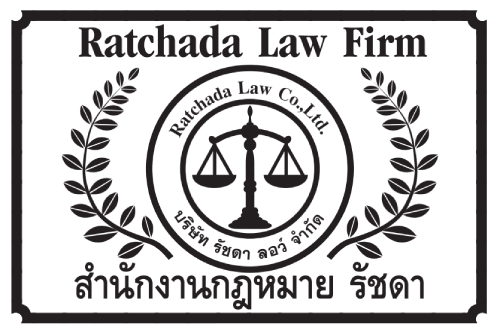Home > BUYING LAND AND PROPERTY IN THAILAND
BUYING LAND AND PROPERTY IN THAILAND
Buying land or property in Thailand is attractive for investment or business reasons as well asresidence or retirement purposes. Our Bangkok law firm specializes in Thai real estate law andhas decades of experience protecting client’s rights in purchasing land and property in Thailandand advising foreigners on Thai land law.Many foreigners wishing to buy or lease real estate in Thailand are often confused by thecontradictory information and misleading and ill-advised claims on the Internet. There are specificlegal issues under Thai land law regulating the ability of foreign nationals to buy or acquire rightsto Thailand real estate and property. Here is a summary of some of the basic principles:

FREE CONSULTATION

REASONABLE FEES

ENGLISH SPEAKING LAWYERS

BIG EXPERIENCE
This is a dangerous approach because it is technically illegal under Thai property law for a Thai national to act as a nominee on behalf of a foreigner to purchase real estate. Therefore, the agreement may be problematic and/or illegal. It is sensible to consult an experienced real estate lawyer in Thailand for the most suitable and best available options.
In general, foreigners can own buildings and houses in Thailand as Thai real estate law places no nationality restrictions on ownership of such in Thailand.
2.1 Land Leases: Although Thailand real estate law restricts land ownership rights to non-Thai citizens, foreigners are expressly permitted may to hold a 100% interest in a Thailand land lease. The foreigner effectively leases the land or house from the Thai national who remains the owner of the land. Thailand lease law allows a 30-year maximum lease period, with the possibility of renewing the lease for additional 30 year periods.
2.2 Company Ownership: Thailand registered companies with majority Thai ownership are able to buy land in Thailand. In the past it has been common for foreign nationals to acquire an interest in Thailand real estate as minority shareholders in a Thai majority company. However in recent years, the Thailand Land Department has become stricter in investigating limited companies for the use of the “nominee” Thai shareholders, who do not possess a legitimate interest in the company owning the land. Nevertheless it is still possible however for a non-Thai shareholder to secure his investment in a Thai limited company through legal means.
2.3 Investment: Thai real estate law allows foreigners to buy and own a limited amount of land based on an investment of 40 million baht for five consecutive years, provided that the land is usedfor residential purposes.
2.4 Thai Spouse: Under Thai real estate law, a Thai spouse of a foreigner may be allowed to buy land or property in Thailand in his or her own name. However the married couple may be asked to sign declarations at the Land Department to state that the funds used are the separate property of the Thai spouse. Any claim on the land or property by the non-Thai spouse could therefore be waived which might be problematic in a divorce case. It could make it difficult for the non-Thai spouse to prove that the land was marital property. In this case, a skillfully drafted Thailand prenuptial agreement may help to minimize the risk to the non-Thai spouse.
2.5 Usufruct Habitation and Superficies: A non-Thai may acquire a life term interest in certain types of property rights in Thailand. One example, a usufruct, is a right to use (and profit from) land and is similar to leasehold but is non-transferable with some important differences.

